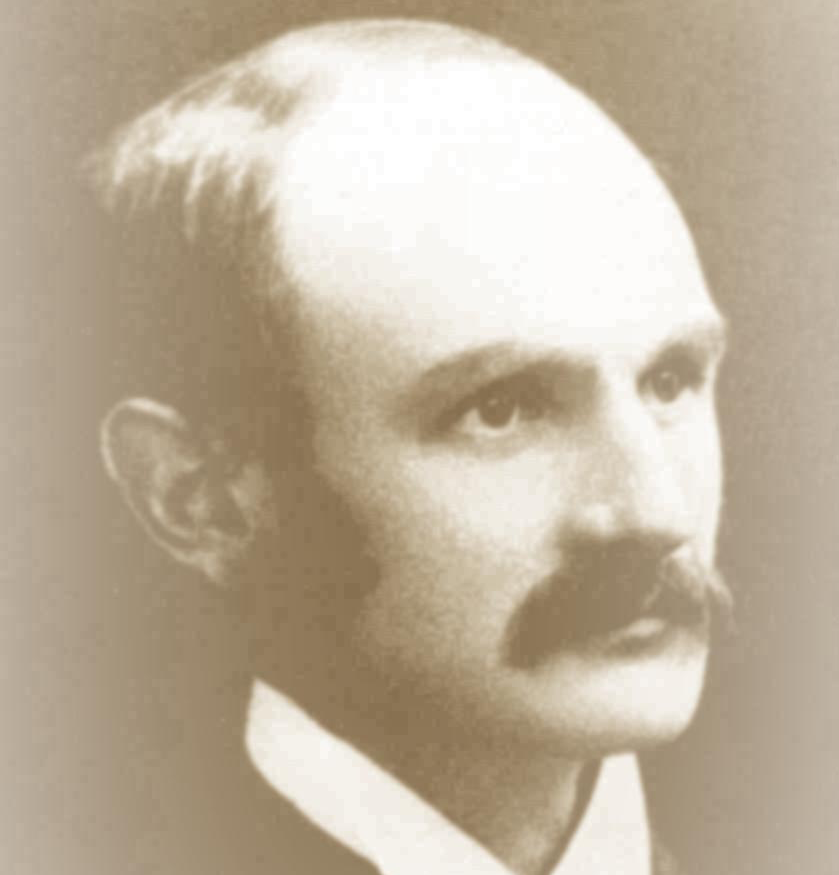Many people are often confused about the process of setting up a family trust and how long it takes. In most cases, it’s fairly straightforward. But this is dependent on your intentions for the trust, accessing the right information, how quickly you make decisions, and what kind of assets you want to transfer into the trust.
Once we have all this information, from a legal perspective, we can set up your trust deed relatively quickly. Next, you need to transfer assets to the trust. The speed of this process depends on the types of assets being transferred. For example, transferring a mortgaged property is more complex and time-consuming than unsecured shares. Ultimately, the process is rewarding and provides great peace of mind for you and future generations.
Let’s look at what you need to consider with a Family Trust.
Is a Family Trust the right option for you?
Trusts were very popular in the 90s and early 2000s for various reasons. Whilst many of these are no longer relevant or have been replaced by more modern methods, there are Family Trust benefits worth exploring, which include:
- Protecting family assets and wealth
- Funding future education plans with your assets
- Protecting assets from business risks
- Protecting assets in a second or subsequent marriage/relationship
- Providing a vehicle for the holding and passing of family assets without exposure to relationship property claims.
Everyone’s situation is different, which is why it is best to consider all options carefully and discuss the right structure and entity with our specialists at Carlile Dowling to achieve your desired outcomes.
What are trustees and who should they be?
Trustees hold and manage the assets of a trust on behalf of the trust’s beneficiaries. They decide who receives what, when and how much, according to specific rules in place for distribution.
It is important to understand that once the assets are transferred to the trust, they are no longer yours to do with as you please.
Each trust should have one independent trustee to provide an additional level of oversight, and who can advise on management matters. This can help to protect the trust from claims under other legislation such as the Relationships (Property) Act or from creditors.
You are accountable to the beneficiaries and courts for the administration of your trust. Without the proper separation of powers, you may not get the protection you want. Often, the Trustees will be the people that created the trust and their accountant, solicitor or another professional advisor.
Who should benefit from the Trust?
Most people want to benefit themselves and their children. Given Trusts now have a lifespan of up to 125 years, consideration should be given to the next and subsequent generations.
Including extended relatives as beneficiaries in your trust can be good on the surface but bear in mind potential conflicts. Under the new Trusts Act, all beneficiaries are entitled to certain information regarding the trust. They need to be informed about decisions that have been made about them, the trust’s assets, copies of accounts and the trust deed.
Many people are uncomfortable providing that level of personal detail, which is why they often restrict their beneficiaries to themselves, children, grandchildren and potentially, great-grandchildren (given a Trust’s extended lifespan).
What assets should be transferred to the trust?
There are a few ways you can approach asset transfer, including adding some or all of your portfolio into the trust. Whether you own property, an investment portfolio, shares in a business or have bank loans, your situation is unique. So it’s important to speak with your experienced advisors to determine the most effective way to own and manage your assets along with the timing of their transfer to your trust, and any tax implications.
What about my will?
A trust can be a great way to ensure that your estate is protected and distributed according to your wishes.
If you set up a trust, review your will; it’s important that your estate is clearly defined.
Your will deals only with assets in your sole name – not joint assets or trust assets. You should consider whether to leave your estate assets to the trust, or to someone else, such as your partner. The nature and value of your estate assets will be highly relevant to that decision.
The Trust Deed might allow you to appoint a trustee by your will, so you should consider that too. Read more about Wills here. You might also like to read our article about EPAs (Enduring Power of Attorney) should you be incapacitated during your lifetime. And you can learn about our Estate Planning and Wills team here.
Next steps
Setting up a trust is an important decision with many moving parts to consider. Carlile Dowling has the experience and expertise to help guide you. Contact one of our trusted professional advisors and feel confident you’re making the right decisions.
Get in touch today by calling 06 927 8150 or contact us online.
 Skip to content
Skip to content






